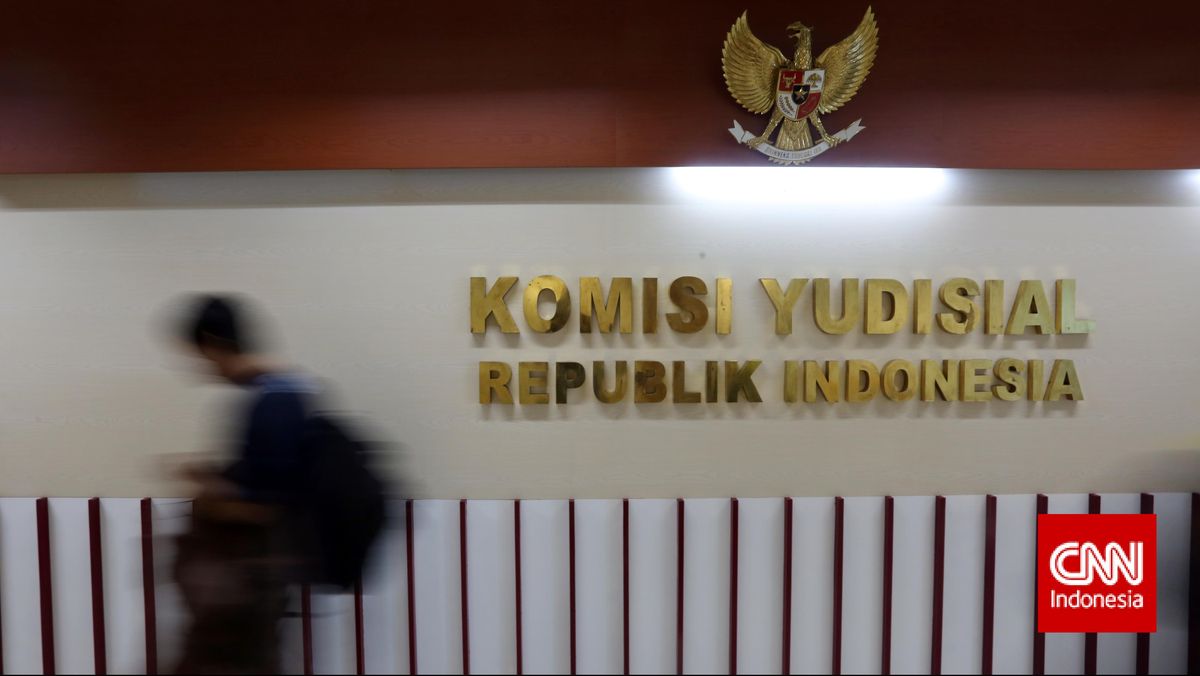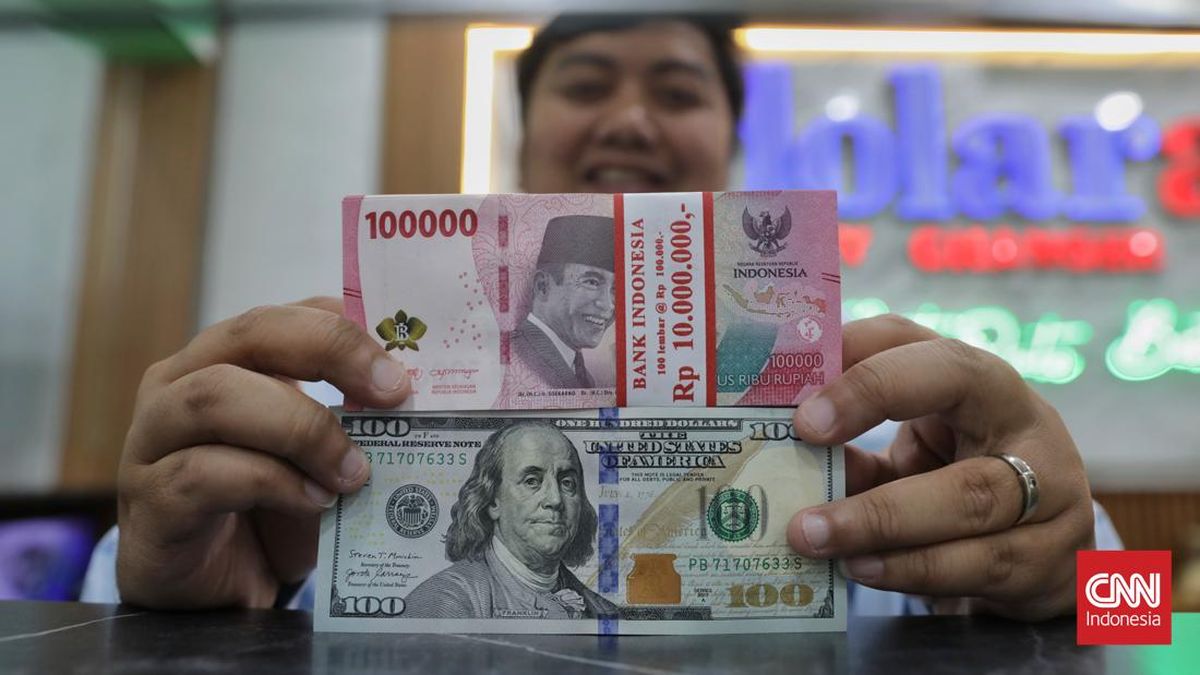Opinion
November 17, 2025 — 6.46pm
November 17, 2025 — 6.46pm
It’s almost difficult to remember now, but in 2021, Donald Trump left his first term as one of the least popular presidents in American history. Weeks before he left office, not entirely willingly, his supporters stormed the US Capitol, and much of the democratic world recognised in him and his movement an existential threat.
He lay dormant for a while but then re-emerged like a growing storm. Much of his second rise was fuelled by his fall, a kind of political trampoline act that left observers scratching their heads and historians of populist putsches clanging the alarm bells.

Donald Trump had a long-running friendship with Jeffrey Epstein.Credit: AP
Donald Trump had successfully positioned himself as a victim of a “deep state”, a political system bent on excluding his supporters. He was merely their token, their icon. And after an assassination attempt, he became the closest thing to a holy martyr that still walks the earth.
Some of this centred around the “Epstein files” – Department of Justice documents relating to investigations into Jeffrey Epstein that Trump had promised to release if elected.
A few years prior, Epstein had been outed as a notorious sex trafficker, a case made all the more scandalous by his connections to the rich and powerful around the world. The revelations around his plane and island, and his alleged book of clients, took down a few minor characters at first, the sacrifices that the even-wealthier people were willing to make to stop the fire from reaching their doorsteps.
After all, they had just watched the Me Too movement fizzle out in a swing of the cultural pendulum. And so his backers made their bets, even after Trump took office and prevented the release of the Epstein files, becoming a defender of the very system he campaigned against.
But something interesting is happening with Donald Trump here. Since his inauguration in January, this anger over Epstein, and his links to it, won’t go away. His reputation of being immune to any and all scandal, absorbing their energy and translating it into armour and ammunition for himself, isn’t holding the way it used to. His supporters aren’t looking the other way, as they did with the Access Hollywood tape or being convicted on multiple felony charges.
His supporters have even been willing to go along with obvious lies about his ties to Epstein. There are photos and videos of the two together, and evidence that they had a close relationship. None of it really seemed to matter to the 35-40 per cent of Americans who have been in lockstep with him enough over more than a decade to send him to the White House twice.
But something seems to be changing.
Donald Trump now finds himself on the other side of a conspiracy theory. On Monday, he reversed his position on the files by encouraging House Republicans to vote for their release. It’s an acknowledgement that the secrecy around their contents is now more damaging than the fallout from what’s actually in them.
Loading
This moment feels similar to the day in 2016 when the Access Hollywood tape came to light. It should have been disqualifying for anyone in public life, let alone someone running for the presidency. But anyone who pays any attention to Trump already knows this about him. He’s not a saint and has never pretended to be. When that tape was released, we learnt something about the mythology around Donald Trump: that the people who find his actions abhorrent already don’t support him. And the people who do support him are willing to swat away their own moral qualms, if they have them, in the name of political expediency.
It seems unlikely too that the public will ever see all the Epstein files. Trump’s control over the Justice Department is so complete that it’s unimaginable that they would permit the release of any material that could deal a mortal blow to his image. Perhaps that plan was being wrought over the weekend when the Phantom of the Opera soundtrack was reportedly blaring from White House windows.
Either way, we may have finally reached a tipping point, where public pressure has reached the newly gilded hallways of the White House. That the loyalty Donald Trump has commanded among Republicans, at least in this case, has tipped into something like political conscience.
Trump’s supporters have known for a long time that he, and many of the powerful men they idolise, are implicated in these scandals. Either they never cared about these abuses or they have made a cynical bet that standing by these men would pay off in delivering their agenda. That Trump’s ability or willingness to ignore the hurdles of constitutional government would deliver the world they sought, or at least smooth their own step into the world of the rich and powerful.
Loading
But the world seems to be changing. More and more people are willing to be concerned about these abuses, to recognise the people who abuse women and girls as unworthy of public trust and office.
These stories are beginning to demand more than token sacrifices to keep wealthy and powerful predators safe. The very fires that Donald Trump stoked to engineer his own re-emergence of political power are now lapping at his doorstep, and he is proving himself incapable of doing anything to push them back.
Cory Alpert is a PhD researcher at the University of Melbourne looking at the impact of AI on democracy. He previously served the Biden-Harris administration for three years.
The Opinion newsletter is a weekly wrap of views that will challenge, champion and inform your own. Sign up here.
Most Viewed in World
Loading


















































